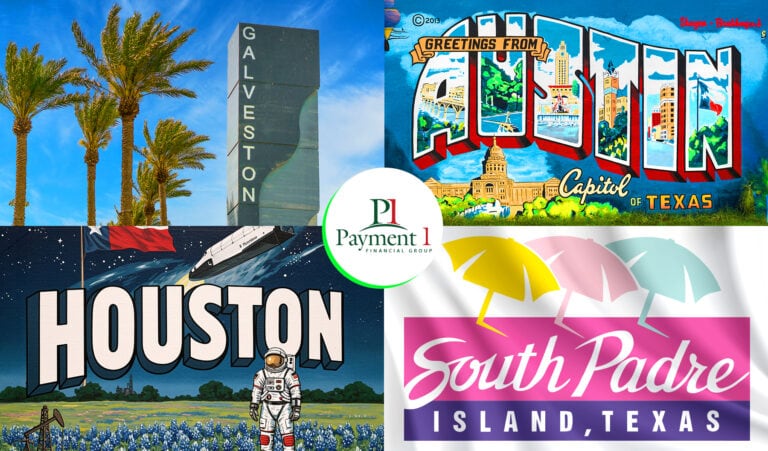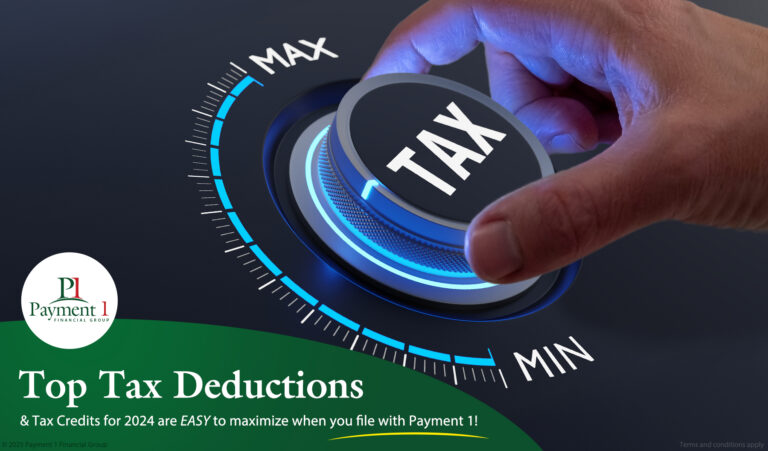Unsecured Personal Loans: What is it and How Does it Work

Do you need some extra money to finance some significant event in your life? Whether it’s for a big vacation or a home renovation, an unsecured personal loan can give you the relief you need. It is one of the most straightforward loan options that you can get to help in a time of need.
Unsecured personal loans are some of the most open-ended types of debt you can use for almost anything. Before you start borrowing, you need to understand how the loan works to make an educated choice. Here’s what an unsecured personal loan is, how it works, and what it means for you.
What Is An Unsecured Personal Loan?
So, what is an unsecured personal loan? Before we learn what it is, we need to get a few details out of the way. Simply put, unsecured loans are a type of debt that does not require collateral for you to avail.
This contrasts with secured loans, which need you to have collateral ready, usually in property or other forms of assets.
Known as good faith loans, many of these loan types come with fewer strings attached compared to other loans. Much of the loan relies on the borrower having a good credit score and the ability to pay back the loan they are taking. Unsecured loans come in a variety of forms, which include:
- Personal loans
- Student loans
- Unsecured credit cards
Unsecured personal loans are available in many financial institutions, government-backed lenders, and expert lending institutions. The application process can also be less rigorous than other loans due to your positive credit history.
How Do Unsecured Personal Loans Work
Now that you know what an unsecured personal loan is, we can look at how it works. Unsecured personal loans mostly pay between $1000 to $100,000, with higher ranges for those who have the ability to pay for it. The use for this type of loan is general in nature, which means you can use the money for whatever expense you need to do.
The annual percentage rate (APR) for unsecured loans comes somewhere between 6% and 36%. Depending on the organization, this APR can come tied with several types of fees. These fees include anything from upfront origination fees to early-payoff penalties, which makes it vital to work with a trusted loan provider.
Because unsecured personal loans can be risky for the lender, there are several caveats and requirements before you can qualify for it. For starters, most lending institutions only offer unsecured loans to their best customers with consistently high credit scores.
Some lending institutions would need you to have a cosigner for those who barely qualify or are short of qualifying for the minimum. Cosigners will take on the obligation of paying back your loans if you default on them.
What If You Default On Your Loan?
If you default on an unsecured personal loan, most financial institutions will forward any missed payments to a collection agency. As many know, collection agencies can be persistent with their attempts and result in collection calls.
Some institutions may even opt for legal action if there is continued non-payment from your side. Any successful legal action will result in potential wage garnishment depending on the situation. Some judgments may even result in having a lien on your properties and other valuable assets.
Qualifications Needed for An Unsecured Personal Loan
Many financial institutions go through several measures to limit their lending risk, mainly through personal loan qualifications. There are different factors that these institutions use to filter their customers, with some commonality across many lenders.
Credit Score and History
The first detail that any financial institution will check is your credit. Lenders will check your credit history, as well as your way of managing your credit cards and even past loans. Many will consider your credit score first, as it is the easiest number to look at.
When it comes to credit history, you can expect lenders to look at your credit use for the past couple of years or so. This will include on-time payments, credit card balances across several account types, and if you have a low credit card balance.
Income
Every lending company needs to ensure that you can meet your financial obligations. Every company needs to confirm your income sources and how you will pay back the money you will owe through your unsecured personal loan.
Lenders will likely ask for proof of stable and consistent income. They will also look into your investments, businesses, profits, and even your monthly salary if you’re an employee. This will also dictate how much you will get.
Debt-To-Income Ratio
The debt-to-income ratio (DTI) is a handy calculation of all your accumulated debt totaled against your current total income. If you have a monthly of $1000 in debt payments and a gross income of $5000 a month, your DTI ratio will be at 20% or 0.2.
Most lenders will use this as a simple determinant to help decide if they can finance your unsecured personal loan. Lower is always better, and while every financial institution has a different maximum allowable limit, the top value usually does not exceed 43% or 0.43.
Applying For An Unsecured Personal Loan
You need to take several steps to get an unsecured personal loan. It always starts with determining the right amount that you need. Ask yourself how much money will support your needs but make sure it’s realistic enough that you can afford to pay it back.
Shop around for top lending institutions. You want a leading lending company that not only provides fast approval and automatic payments; you also need a lender that gives flexible schedules and fixed rates.
You need to compare unsecured personal loans and see what works best for your needs. Consider the APR and any other fees tied with it, together with other special features. Once you find the best loan for you, submit an application and provide the necessary documentation.
Give the lending institution some time to process your loan, which should take somewhere between 24 to 72 hours. Once your unsecured personal loan is processed and approved, follow the lender’s instructions and take the funds.
The Bottom Line
Unsecured personal loans are some of the best choices you can get when it comes to borrowing money. With the right APR and fees that will be available to you, you can pay for your immediate needs with the loan you make.
When making an unsecured personal loan, talk to an expert lending team. Payment1 provides fast approvals and automatic payments. With their fixed-rate loans, you’ll never need to wonder how much you have to pay back. Get a loan from Payment1 today and find out how easy it is to get a loan that works for you.




